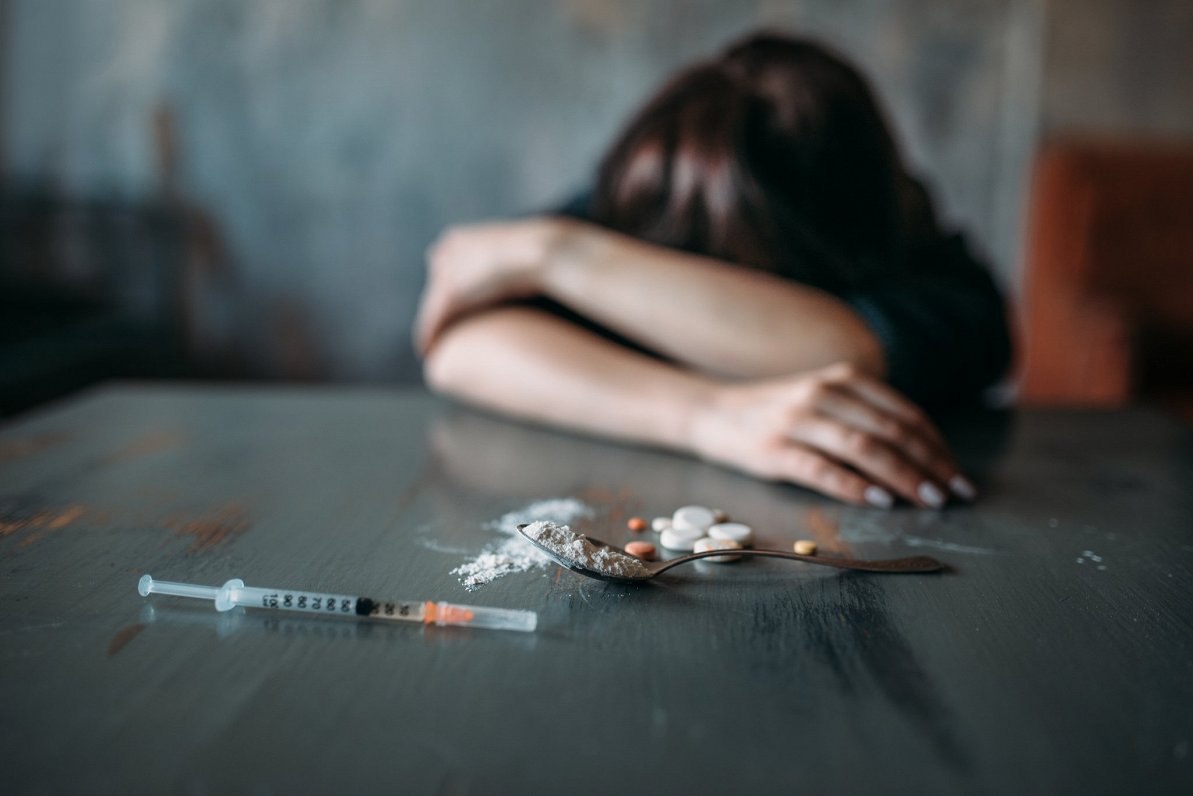"There was no indication that he had been using that night. Just hours later, there were found to be problems and an ambulance was called. But they failed to save him," the deceased's guardian, Director of the Social Support Centre for Children, Young People and Families of Rīga Kaspars Jasinkevičs, said about the death of the 17-year-old.
It is the most tragic incident in a decade since Jasinkevičs took the post. The young man who died last year had taken a combination of drugs and refused treatment.
"Typically, taking drugs and addictive [inducing] substances goes together, with the need for funds. Then it's the robberies, the stealing, it's what we know what happens around Origo [Rīga Central Station] and everything that goes with it,” Jasinkevičs said, confirming the youngster had been taking drugs with others. "Thank God they're alive. Someone is in prison, someone we've managed to get different services for. Different situations, but to say that it's resolved right now – absolutely not."
What do the laws dictate?
The center's chief executive pointed to contradictions in laws and regulations. For example, in accordance with the procedures by which mandatory treatment for children is to be performed, it is indicated that narcological assistance without the consent of the child and at least one of his or her parents, guardian or Orphan's court may be provided only if the child has severe poisoning of intoxicating substances and his or her life is at risk, and mental disorders have started.
The Protection of the Rights of the Child Law states that a child who has mental or behavioral disorders due to narcotic drugs or other intoxicating substances must be provided with mandatory medical treatment and social rehabilitation for public money. If a child does not wish to be treated, however, it shall be done if the green light is given by the Orphan's Court.
On the other hand, the patient's Rights Law States that if a minor of at least 14 years refuses treatment, but the doctor considers that medical treatment is in the patient's best interests, consent to medical treatment shall be given by the legal representative of the minor. So the fate of the young person is determined by the doctor.
But Jasinkevičs says things happen differently in reality:
"Even if the doctor thinks it [the treatment] is necessary, no one can force him [the minor] to do it. Even if the Orphan's Court decides on mandatory treatment, if the young person himself or herself refuses, then he or she is not treated. This situation has now developed – if a young person is taking drugs, there is no way to force him or her into treatment or stop taking these substances.
"It really is a problem that should be addressed. We're totally powerless in this situation."
Riga Children's and Youth Center has more than 130 minors, 15 of whom use drugs. So one in nine.
The situation is similar in the country as a whole, according to data from the Latvian Association of SOS Children's Villages, which has 1,200 minors under supervision. In regions, unlike Rīga, doctors are harder to access, said Anita Vaivode, head of the Valmiera SOS children's village, where nearly 50 children live.
According to Vaivode's observations, young people are aware of the problem of addiction: "But wanting treatment like that... I think it's because they don't have that coherent understanding of what it means and what it includes. We're pushing them [..]. The second is that the services and what they currently have are often even demotivating. A specialist is not always interested in helping those children because they have many to treat or it is not a priority."
Controversy of law is also seen by the Ombudsman's office, which said doctors' attitudes depend on the type of child's illness.
"If a child has a different illness and says, 'I don't want treatment', doctors in collaboration with their parents would do anything to get them treated. If there is an addiction problem, on the other hand, the child says 'I don't want treatment,' and the doctors don't believe that in such a case the child should be treated necessarily against his or her will either," Laila Grāvere, head of the children's rights division at the Ombudsman's office, told Latvian Radio.
The Ombudsman's office has approached three ministries, Health, Welfare, and Justice, asking for a response by the end of the month.
However, with changes in laws, the desired result will not be achieved, according to Ilze Paleja, director of the Latvian Association of SOS Children's Villages, noting that only one institution remains in Latvia where children are treated for addictions. It is the hospital “Ģintermuiža” in Jelgava, where there are only five spots in the motivation programme.
"Services are needed. Of course, we must start with laws because there must be a common understanding and a common explanation of how the state cares for minors with addiction problems. We have to decide whether we as a country believe these children need mandatory treatment or not. If we decide they don't, then it's clear that these children are doomed to destruction," Paleja said.
One solution is being developed by the Ministry of Justice, which has offered the creation of a “therapeutic home” for high-risk teenagers. It would, following a court decision, temporarily forcibly place children aged 11 and over who endanger their health and those of others and have committed a crime. They would have access to treatment, education, and social rehabilitation.





























